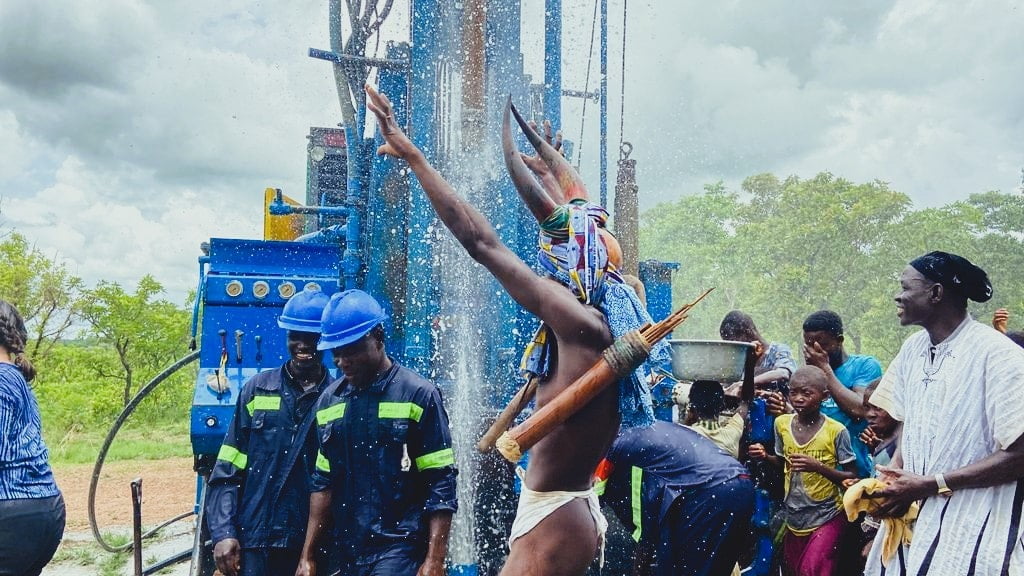OUR STRATEGIES
Water for West Africa Strategies
Water, Sanitation, and Hygiene (WASH) programs have a profound transformative impact in West Africa, addressing critical health and socio-economic challenges across the region. Here are some key aspects of their transformative power:

1. Improved Health Outcomes
WASH programs significantly reduce the burden of waterborne diseases such as cholera, typhoid, and diarrhea, which are prevalent in West Africa due to poor sanitation and unsafe drinking water. Access to clean water and proper sanitation facilities leads to fewer cases of illness, particularly among children, resulting in lower mortality rates and healthier communities.
2. Enhanced Education
In West Africa, where children—especially girls—often miss school due to water-related illnesses or lack of appropriate facilities like separate sanitation for girls, WASH interventions can improve school attendance. Providing clean water and adequate sanitation in schools creates a more conducive learning environment, leading to better educational outcomes.
3. Faith-Based Solutions:
Addressing essential needs like WASH programs demonstrates the practical love and care that are central tenets of our faith. As a faith-based organization, we demonstrate “Faith in Action” by attending to physical needs through WASH programs. Doing so is a powerful witness to the values and beliefs we embrace, showing a tangible expression of our love.
4. Economic Development:
Reliable access to safe water and sanitation services is fundamental for economic development. Improved WASH infrastructure allows for increased productivity, as time spent on water collection is reduced, and individuals can engage in income-generating activities. Additionally, communities with better WASH facilities are more attractive for investment and tourism, supporting local economies.
5. Environmental Stewardship & Resilience :
In the face of climate change, WASH programs that promote sustainable water management practices and resilient infrastructure are critical. West Africa is susceptible to droughts and flooding, impacting water availability and sanitation conditions. Implementing WASH interventions that consider climate resilience helps communities adapt and withstand these challenges.
6. Community Empowerment and Participation:
Successful WASH programs engage communities in decision-making and maintenance of facilities, fostering ownership and sustainability. Through participatory approaches, communities become more empowered to address their own WASH challenges, leading to long-term improvements in health and well-being.
7. Public Health and Disease Prevention:
WASH programs contribute significantly to disease prevention beyond waterborne illnesses. Access to improved sanitation facilities reduces the prevalence of neglected tropical diseases like schistosomiasis and soil-transmitted helminth infections, which are prevalent in many parts of West Africa.
8. Conflict Mitigation:
WASH programs play a crucial role in conflict mitigation in West Africa by addressing underlying socio-economic and environmental factors that contribute to tensions and disputes. Access to clean water and sanitation services reduces competition and conflicts over scarce resources, particularly in regions prone to water scarcity or where water sources are contaminated.
9. Equal Justice:
Inadequate WASH services in West Africa disproportionately affect women and girls, as they often bear the responsibility for water collection and hygiene practices within households. Access to improved water sources and sanitation facilities reduces their workload and enhances their dignity, safety, and opportunities for education and economic participation.


